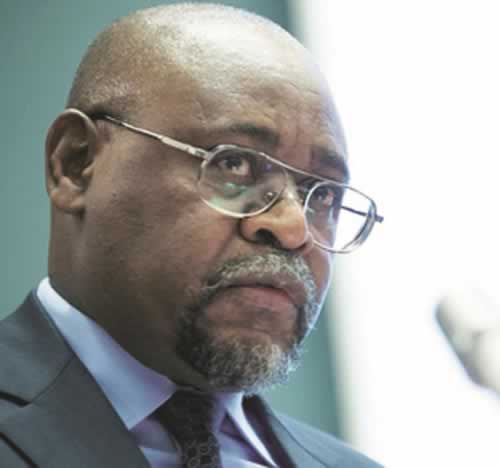Zim to save $180m on fuel imports

Martin Kadzere and Godfrey Gavure
ZIMBABWE could save about $180 million on fuel imports this year largely due to lower global prices, Finance and Economic Development Minister Patrick Chinamasa said yesterday.
The country is projected to spend $1,22 billion on fuel imports this year from $1,37 billion last year, Minister Chinamasa told participants at the fuel price dialogue organised by the National Economic Consultative Forum in the capital.
“My expectation is that consumers and businesses will spend a reasonable portion of the savings from lower prices on productive sectors,” said Minister Chinamasa.
“I would be uncomfortable with a situation where the potential savings are spent on non-essential imports. Such leakage will only transfer our wealth to other nations.”
The dialogue was meant to come up with clear and actionable recommendations on how best the country can benefit from the slump in global oil prices.
Global oil prices have been declining since June last year from around $115 per barrel (a barrel of oil is approximately 159 litres) to a low of $48 per barrel as of January 12, 2015.
It is expected that the price of oil will remain depressed as the biggest cartel in the industry, OPEC, has decided not to cut production.
The price of oil is critical to today’s world economy, given that oil is the largest internationally traded good, both in terms of volume and value, creating what some analysts have called a hydrocarbon economy.
Minister Chinamasa said the decline in the global fuel prices has significant multiplier effects on oil-importing countries as a result of saving on fuel expenditure.
He suggested that the industry should come up with a template, which would help to establish local fuel prices whenever there is an increase or decrease in crude oil prices.
Despite the sharp decline in oil prices, local retailers were until recently reluctant to adjust prices.
This prompted the Government, through the Ministry of Energy and Power Development to direct fuel dealers to reduce fuel prices by at least 20 cents a litre to a maximum of $1,44 per litre of petrol and $1,32 for diesel.
Consequently, the Government evoked Statutory Instrument No. 4 of 2015 adjusting excise duty on petrol and diesel from $0,35 to $0,45 per litre and from $0,30 to $0,40 respectively.
Minister of Energy and Power Development Dr Samuel Undenge, who also attended the dialogue, said he instructed the fuel price review be done every two weeks.
“The fortnightly reviews ensure a quick response to movements in international oil prices,” said Dr Undenge.
“When prices are going down, consumers will quickly benefit from lower prices. When prices are going up, the oil companies will not be disadvantaged since they will be able to benefit from stocks bought at a lower price and quickly adjust their prices resulting in a win-win situation.”
South Africa reviews fuel prices on a monthly basis while Zambia does it on a cargo by cargo basis.
Sakunda chief executive Mr Kudakwashe Tagwirei, however, said there were high costs involved in fuel trading and retailing in Zimbabwe compared to other players in the region.
Mr Tagwirei indicated the petrol prices could have gone up to $1,60 per litre to make reasonable margins, but competition had helped to stabilise prices.









Comments